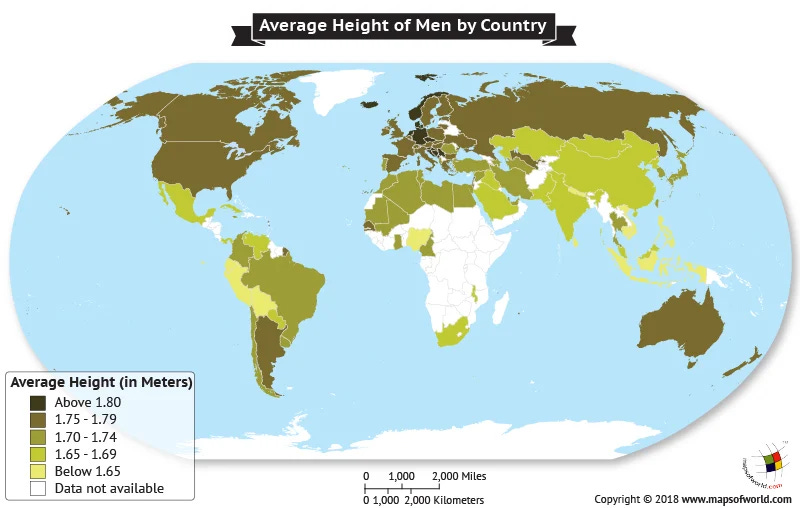The Boys Are Alright...For Short Kings
Height is, in most societies and definitely ours, a “masculinity cue”. In most societies male humans are generally taller than their female counterparts although across the world what those heights are vary. I spent some time in the Philippines where I, a relatively average white British woman coming in at 5ft 4 (ok, 5ft 3 ¾), towered above most of the population, especially amongst the rural tribes where I was notably taller than the tallest men. One of my male companions at 6ft was SO tall and so ghostly white the children ran away screaming and babies cried (much to our amusement, obviously).
In romantic and sexual relationships - height matters. Especially in that brutal world of online dating. One study calculated that the average 5ft 6 man would need to earn considerably more than a 6fter to be determined as desirable on dating apps. Which is harder as short men earn much less on average - about 13% less, similar to a gap with race or gender, like being black or female.
Masculinity cues are what they say on the tin - ways of signifying male-ness, sometimes related to testosterone or biological factors but far from always. The chiselled jaw, the deep voice, hair, the stocky build etc. At its furthest and crudest end it is the Mills and Boon hero and everything he personifies including status, wealth, high libido, ambition. These are all packaged up as desirable for straight women and gay men (masculinity cues continually perform across those demographics in the same way) and enviable for straight men. Some of these are applied with varying subjectivity but height seems to be quite stoically there as consistent and persistently what women say they want in a partner, and men say they want to be.
It isn’t surprising then, that while women may shave a couple of pounds or years off their weight or age on dating apps, men may add a couple of inches on to their height. Even whilst we may politically object to such superficial nonsense. But it’s not just that sticky world of desire and romance. Even in primary school, short boys are sometimes perceived to be less academic by their teachers. Like with most gender coding, this shit starts young.
I’ve hung out with so many great short boys I’ve found myself siding a lot with them but it seems like life at the top isn’t necessarily great either. One of my lofty friends who is also broad says most evenings out are spent navigating dangerous situations where drunk insecure men go for the biggest guy in the room in order to prove their masculine status: although, heads up, “had a pissed up fight at weekend” isn’t much of a draw for most prospective partners.
Assumptions about short men include the notion of short man complex, that short men are more aggressive, angry, volatile. This idea started; allegedly; with Napoleon in the 1800s and is the idea that short men will overcompensate for their lack of height by being more feisty generally. It is true that when people feel inferior or are lower down on the pecking order they may utilise what they have for more status or power - or for love. But this doesn’t have to be the negative elements of grumpy retaliation, this could equally be making the most of your more attractive assets.
I’m biased - I’m unequivocally a fan of a shorter man. It may be related to the fact I’m not totally straight, I like indicators of equality and after 13 glorious years of a boy I don’t have to literally look up to, shudder at the thought of a partner looming over me. I mention straightness because it might be sexual orientation has relevance. Height may matter less in generations to come of pair bonding because marked non-critical gender differences may be less essential to mating practices (though, sorry I don’t think an androgynous future where it’s allmeaningless is just around the corner). Young people report being more sexually fluid, less heterosexual. In fact, more young people say they aren’t heterosexual than say they are especially young women. This may mean shifting cultural notions of what is sexually desirable with height, as masculinity cues may become less important.
Human societies are based not just on brute strength and to understand individual standing through that lens alone doesn’t work, even with the least capitalist and technological ones. Human society is fundamentally based on interpersonal relations, networks, allies, ties, social links. And these rest on a lot more than strength and physical prowess. It’s not just about resources because we’re not lone gatherers, we’re reliant on compliance and assistance from the other members of our tribe. The most fundamental thing of all is being liked - being respected, being plausible, being trustworthy, and ultimately being the sort of person people want around.And if short men have to work harder to be all that then maybe they make ideal partners and colleagues.
In short, let us not forget funny. Being funny goes a long way, and sometimes gets you all the way.



